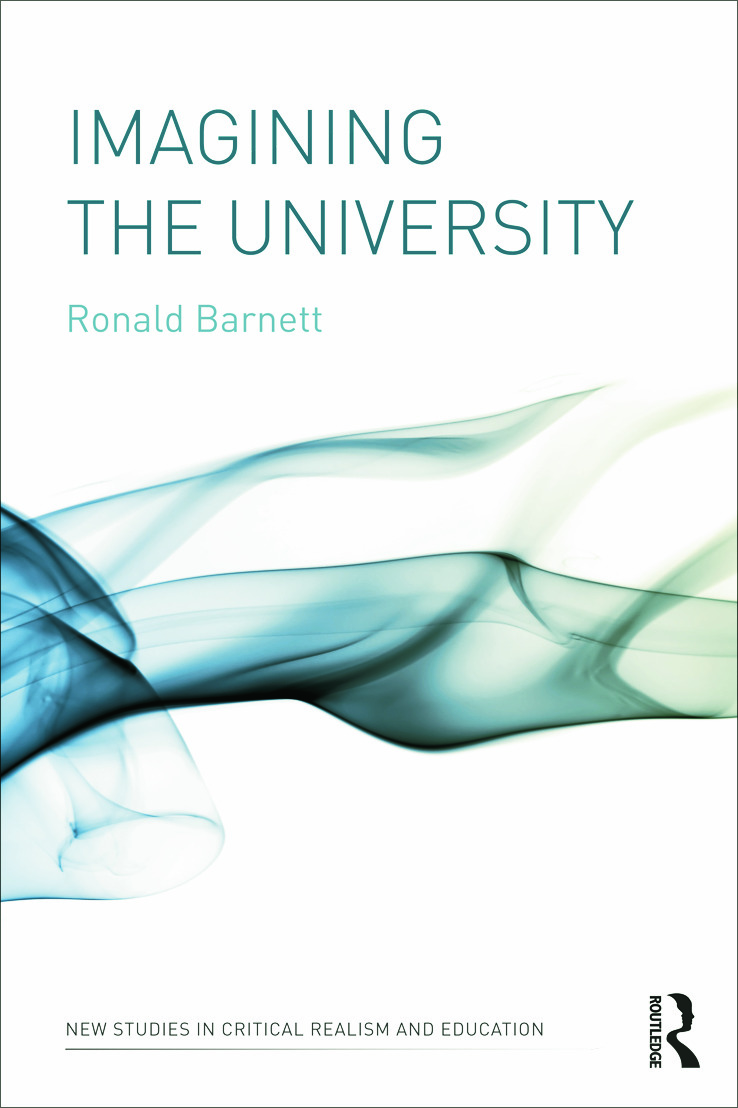Those of us embedded in higher education, who are arguably
more responsible for its direction and impact on the human family and the
planet we share, ought to take some time to reflect on the forces that are
working on this institution. I cannot fathom a better guidebook for such a
journey than Prof. Ronald Barnett’s Imagining the University. Barnett, Emeritus Professor of Higher Education from the
Institute of Education, London University.

My main quarry in this book is how we think about the university and
how we might imagine it. And here, my primary contention is that the ways in
which we think about the university are unduly limited. So the main object here
lies in concepts of the university; and the story is one of their scope and,
more particularly, of their impoverishment. p.90
The tone of inquiry, the breadth of possibilities he would
have us consider, seems at its heart to be precisely what higher education
should be about. In the process he shares some 120 noted ‘sightings’ of ideas
of the university. He offers a framework for considering the ideas along three
axes. In the process he uses examples and critically applies the framework.
Here, surely, opens a critique of the marketplace. The market, so often
heralded as sponsoring difference, turns out to constrain imaginative thought.
The strangeness of the Picasso painting is unlikely to find its equivalent
among universities. Indeed, it appears universities across the world wish to
ape each other in their strivings as ‘world-class universities’ in the (two
leading) world rankings. The global academic marketplace orients universities
towards uniformity more than difference. Regularity rather than angularity,
predictability rather than serendipity: the risk-averse environment subtly
encourages limits to ideas through which a university might glimpse its possibilities.
Across the world, universities embrace the familiar rather than the strange;
and the orderly rather than the disrupted. Not many would appear to offer a
home to would-be followers of Picasso, as they review their corporate
strategies. pp. 71-72.
Barnett is encouraging us to step back and look deeply,
thoughtfully, and imaginatively about the institutions we serve and if the idea(s)/forces
they are shaping or being shaped by are
what the human family and the single home we share need from us. This is time
well spent.

No comments:
Post a Comment